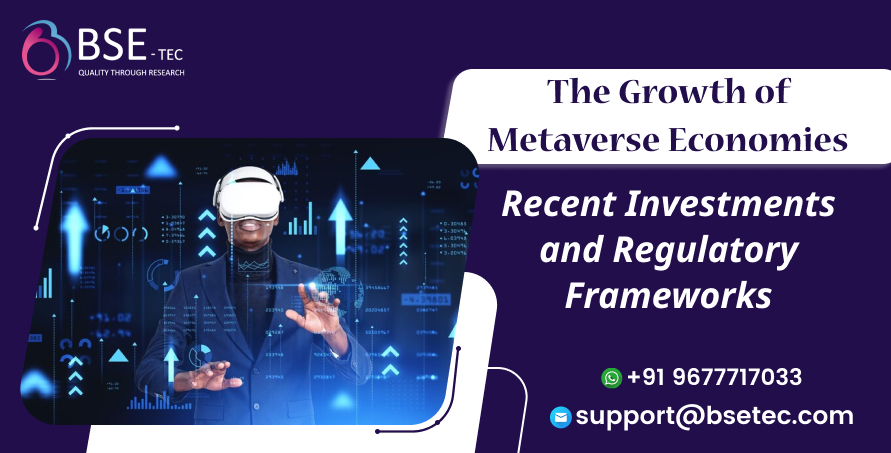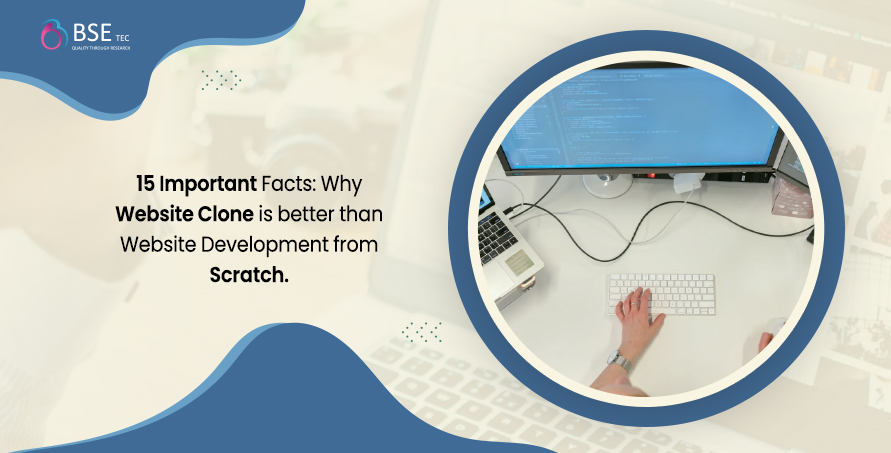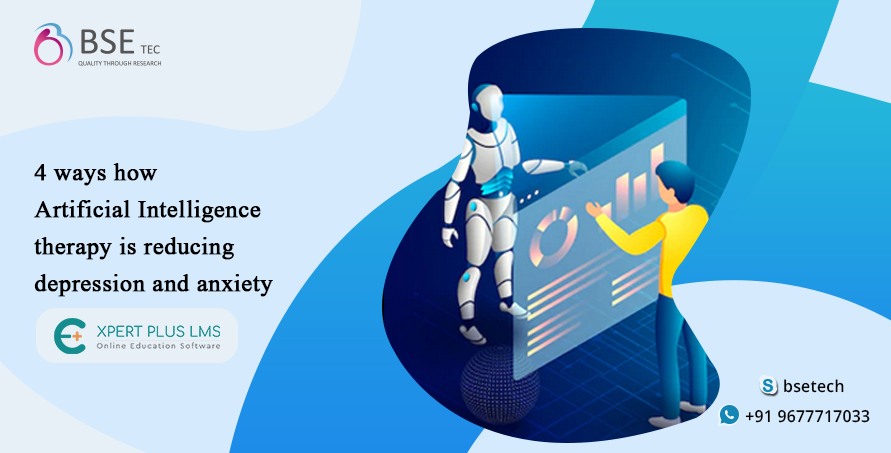
The metaverse economy is no longer speculative — it’s becoming one of the most disruptive and investment-heavy segments of Web3. In 2025 alone, over $12 billion has flowed into metaverse infrastructure including virtual real estate, AI avatars, 3D marketplaces, and immersive social platforms.Let’s Explore The growth of metaverse economies in depth.
What is the Metaverse?
The Metaverse is a collective virtual shared space that immerses users in a 3D digital universe, blending aspects of social media, gaming, augmented reality (AR), virtual reality (VR), and blockchain technology. Think of it as a vast, interconnected digital ecosystem where people can work, play, socialize, buy and sell virtual goods, attend events, and even own virtual property — all within a computer-generated environment.
Unlike traditional internet platforms that mostly involve browsing or watching, the Metaverse enables users to experience a sense of presence and interaction as if they were physically within a different world. This immersive experience is facilitated by advanced technologies like VR headsets, AR glasses, and high-speed internet, creating new opportunities for economic activity.
To know more in detail Meta’s Official Statement on Horizon Worlds
How did Metaverse come into existence ?
The current concept of the Metaverse gained momentum in the 2010s, especially with companies like Facebook (rebranded as Meta in 2021) emphasizing building interconnected virtual spaces.
- Tech giants and startups alike have invested heavily in VR/AR, blockchain, and AI to create more immersive and decentralized digital environments.
- The rise of NFTs (Non-Fungible Tokens) and blockchain technology also provided a way to establish digital ownership within these environments.
Why Now?
- The convergence of high-speed internet, advanced hardware, and blockchain technology has made a more accessible and scalable version of the Metaverse feasible.
- The COVID-19 pandemic accelerated interest in virtual interaction, remote work, and digital socialization, boosting the appeal and development of the Metaverse.
In essence, the Metaverse evolved from early virtual worlds, driven forward by technological innovation and cultural shifts towards digital interaction, into what is now seen as a potentially transformative part of future digital life.
The growth of metaverse economies
In recent years, the concept of the Metaverse has moved from science fiction to reality, attracting significant investments from tech giants, venture capitalists, and innovative startups. These investments are fueling the development of expansive digital worlds where economic activities flourish.
Key areas of growth include:
- Virtual real estate
- Digital art
- Virtual goods (clothing and accessories for avatars)
- Unique experiences and services
The growth of metaverse economies includes virtual real estate, digital art, virtual goods (such as clothing and accessories for avatars), experiences, and services. With the rise of blockchain and non-fungible tokens (NFTs), owning, trading, and monetizing virtual assets has become more secure and profitable.
Recent Investments Fueling Growth
Several high-profile investments have accelerated the development of Metaverse platforms:
- Meta Platforms (formerly Facebook): Announced over $10 billion annual investment into its Horizon Worlds platform, aiming to build social, gaming, and commerce experiences.
- Epic Games: Valued at over $30 billion, Epic continues to develop Unreal Engine and Fortnite as platforms for the Metaverse, attracting millions of users and creators.
- Decentraland and The Sandbox: Blockchain-based worlds where users can buy virtual land, develop properties, and trade NFTs, backed by considerable venture funding.
- NFT Marketplaces: Platforms like OpenSea ,Minttrade NFT marketplace facilitate the trading of digital collectibles, which have become integral to Metaverse economies.
Learn more about NFT scripts : OpenSea
These investments are building a robust infrastructure for economic activities, from buying virtual real estate to hosting branded events and selling digital art.
Navigating Regulations: Opportunities and Challenges
As the Metaverse becomes a major economic frontier, governments and regulators worldwide are working to craft frameworks that protect users, ensure fair trade, and prevent misuse.
Key Regulatory Focus Areas:
- Data Privacy & Security: Protecting user data within virtual environments (e.g., GDPR).
- Ownership Rights: Clarifying rights over virtual assets like digital land, NFTs, and avatars—often linked to intellectual property laws.
- Financial & Cryptocurrency Regulations: Governing virtual currencies and tokens to prevent illegal activities such as money laundering.
- Content Moderation: Establishing standards for safe, inclusive, and responsible virtual spaces.
Challenges for Regulators: Balancing innovation with oversight is complex.
How BSEtec Builds Next-Gen Metaverse Platforms
At BSEtec, we don’t just follow trends — we engineer immersive, revenue-generating metaverse platforms using the latest Web3 and 3D engine tech.
- Full-stack metaverse development using Unreal Engine, Unity3D, and WebXR.
- NFT marketplace integration with custom tokenomics and multi-chain compatibility (Ethereum, Polygon, BSC).
- Avatar systems & spatial chat with blockchain-linked identities (DIDs).
- Virtual real estate engines, complete with tokenized property rights, rental mechanics, and on-chain ownership.
- Smart contracts & DAOs for user governance, asset trading, and community-driven economies.
- Integration with AR/VR hardware and AI tools for next-gen experiences.
Why Choose BSEtec as Your Metaverse Partner?
We provide end-to-end metaverse development—bringing your vision to life with legally compliant, technically advanced, and future-proof solutions. Whether you need a minimal viable product (MVP), an enterprise virtual hub, or a token launch contact BSEtec.
Ready to Build Your Own Metaverse?
Get in touch with BSEtec today — your full-stack blockchain and metaverse development partner. Let’s create the next big digital universe together!
Did you find this article useful? Let us know by leaving a comment below, or join us on Twitter and Facebook.


